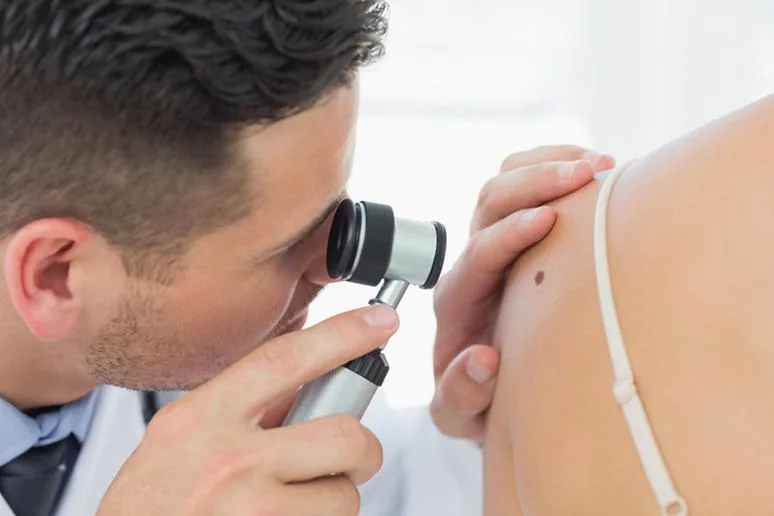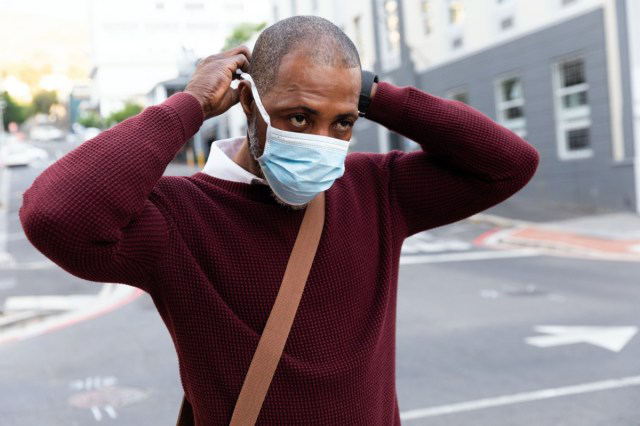Since lockdown started, many people have avoided hospital visits for routine check-ups, fearing they may contract Covid-19. This is according to a Stats SA survey in which 38.8% of respondents indicated they would not seek medical attention for non-Covid related issues.
Visiting The Doctor In A Pandemic
Dr. Blanche Andrews, Medical Advisor at Sanlam, notes that while cancer patients and those with chronic conditions may be especially anxious about routine checks in hospitals, these ongoing health check-ups are critically important to ensure early identification of health issues that may require attention. So skipping your annual check-up could pose a serious health risk.
“Avoiding routine visits can result in chronic medical conditions which are not properly managed or, equally dangerous, it may mean that an early diagnosis is missed.” The objective of primary prevention is to prevent disease or injury before it occurs and the benefits apply to everyone, regardless of how young or old you are. This includes getting your annual flu vaccine or consulting a dietician for a healthy eating plan. Secondary prevention aims to reduce the effects of a pre-existing medical condition. This would include regular screening to detect early cancer. There is a chance that if you don’t go for regular check-ups, diseases like cancer might develop. Undetected and untreated, the cancer may grow into more advanced stages.
Routine Screening Tests Are Important

“Recommended screening tests for cancer in women including a Pap smear to detect early cervical cancer and breast cancer screening with mammography. Most medical aids cover these tests once every 3 years. In addition to mammography, breast health checks should also include regular self-examination (monthly) and an annual clinical examination by the family doctor” says Dr. Andrews.
Dr. Andrews suggests that you familiarise yourself with the free annual medical checks offered by your medical aid. Most medical aids offer their members free annual wellness screenings. These include blood pressure, body mass index, cholesterol, and glucose tests.
“All adults irrespective of age, should have these parameters checked every year.” HIV testing might also be requested as an option and an annual test is covered by most medical schemes. Sanlam’s 2019 claims statistics show that cardiovascular disease, cancer, and accidents remain the leading causes of claims, with approximately 60% of severe illness claims paid for cancer; highlighting the need for regular screening to increase the chances of early detection.
Safe Hospital Visits
When visiting a healthcare facility for a check-up during the COVID-19 pandemic, Dr. Andrews notes that you can take certain preventative measures to lessen your anxiety:

Make an appointment so you don’t have to wait around and follow the standard hygiene practices such as social distancing, wearing a mask for protection and sanitising your hands once you are there. For checks that do not require a physical examination, you can have a virtual consultation. In fact, lockdown has led to the growth of telemedicine in South Africa.
Yes, it is still daunting for many people to go visit a healthcare facility during this time. This is especially true for those with chronic illnesses. However, regular health checks are vital. “Taking care of your health now will help you through the pandemic and in the future,” concludes Dr. Andrews.
Who is the author?
Dr. Blanche Andrews is an occupational medical registrar at Stellenbosch University and Tygerberg Academic Hospital and an occupational medical advisor at Sanlam.





![women [longevity live]](https://longevitylive.com/wp-content/uploads/2020/01/photo-of-women-walking-down-the-street-1116984-100x100.jpg)









